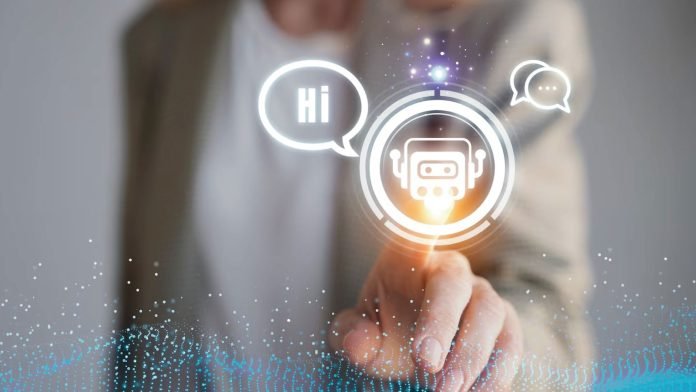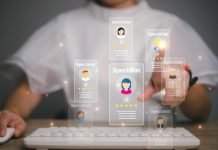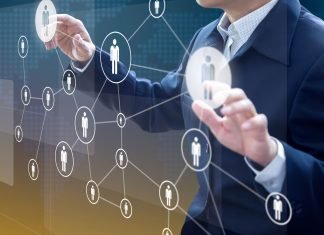Table of Contents
1. Smarter Recruitment Processes:
2. Personalized Learning and Development
3. Data-Driven Decision Making
4. Enhanced Employee Experience
5. Mitigating Bias and Promoting Diversity:Costs are doubling
Conclusion
In the ever-dynamic digital environment existing today, businesses are constantly striving for novel approaches to optimize their operations and drive efficiency. One area of application where technological advancements, especially in the fields of artificial intelligence [AI] and machine learning [ML], are having a big impact is human resources (HR) management.
Through the use of AI and ML technologies, HR departments can modernize traditional practices, resulting in more efficient recruitment, enhanced employee engagement, and smarter decision-making.
1. Smarter Recruitment Processes:
AI and ML algorithms can analyze tremendous amounts of data from different sources to discover patterns and foresee the success of candidates. Resume screening is automated by these technologies, which will scan numerous applications in a flash of time that it would have taken a human recruiter. This not only speeds up the hiring process but also guarantees a more neutral selection since the AI can be programmed to focus only on qualifications and skills without being influenced by demographic factors.
2. Personalized Learning and Development
Proper identification of the unique requirements and opinions of employees and their line managers is essential for their career development and the optimization of strengths within an organization. AI-driven systems can monitor individual performance, diagnose skill deficits, and recommend customized training that caters to every employee’s strengths and areas for improvement. Through providing focused learning possibilities, HR can enable employees to upskill and remain relevant in the fast-changing job market.
3. Data-Driven Decision Making
HR decisions are often based on intuition and past experiences, and this approach is not always effective. AI and ML empower HR professionals to base their decisions on data-backed intelligence. Predictive analytics is capable of predicting future workforce trends, for instance, attrition rates or talent shortages; hence, HR teams can deal with these potential issues before they even arise. Along with this, sentiment analysis tools can measure employee satisfaction and detect the underlying problems that might lead to escalation if not addressed. This will help with timely interventions to enhance workplace positivity and retention.
4. Enhanced Employee Experience
Employee experience comprises all the contacts a person has with their employer, from recruitment to retirement. AI-driven chatbots and virtual assistants enable improving the employee experience by providing instant support and guidance on different HR matters, such as benefits enrollment, policy inquiries, or leave submissions. Such AI-powered interfaces give 24/7 support, thus increasing accessibility and relieving pressure from HR staff, hence creating a more favorable and responsive work environment.
5. Mitigating Bias and Promoting Diversity:Costs are doubling
Unconscious biases can inadvertently impact HR decisions, resulting in inequities in the hiring, promotion, and performance evaluation processes. The use of AI and ML algorithms can reduce bias by de-identifying candidate information and considering only the relevant qualifications and skills. On top of that, the technologies can also show the diversity gaps within an organization, and together with that, they can suggest how to improve inclusivity and equity in the practices of recruitment and talent management.
Conclusion
AI and ML technologies enable radical transformation of HR practices and influence organizational success. Through the implementation of these innovations, HR departments will be able to enhance their processes, harness their workforce, and be a step ahead in today’s competitive business world. Nevertheless, it is critical to implement these technologies judiciously, making sure ethical matters and transparency are observed in order to have trust and credibility in the organization. The development of artificial intelligence will lead to its integration into HR functions and the future of work, which will result in smarter and more flexible organizations ready to prosper in the new digital age.
Explore HRtech News for the latest Tech Trends in Human Resources Technology.














